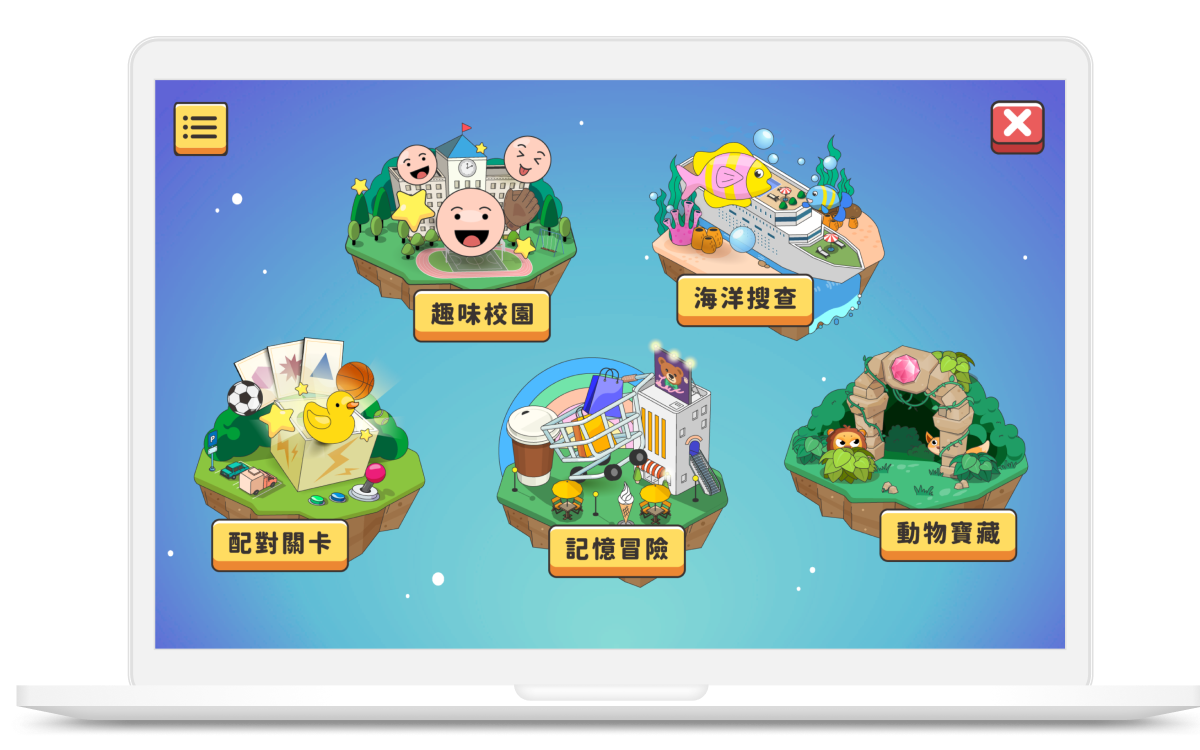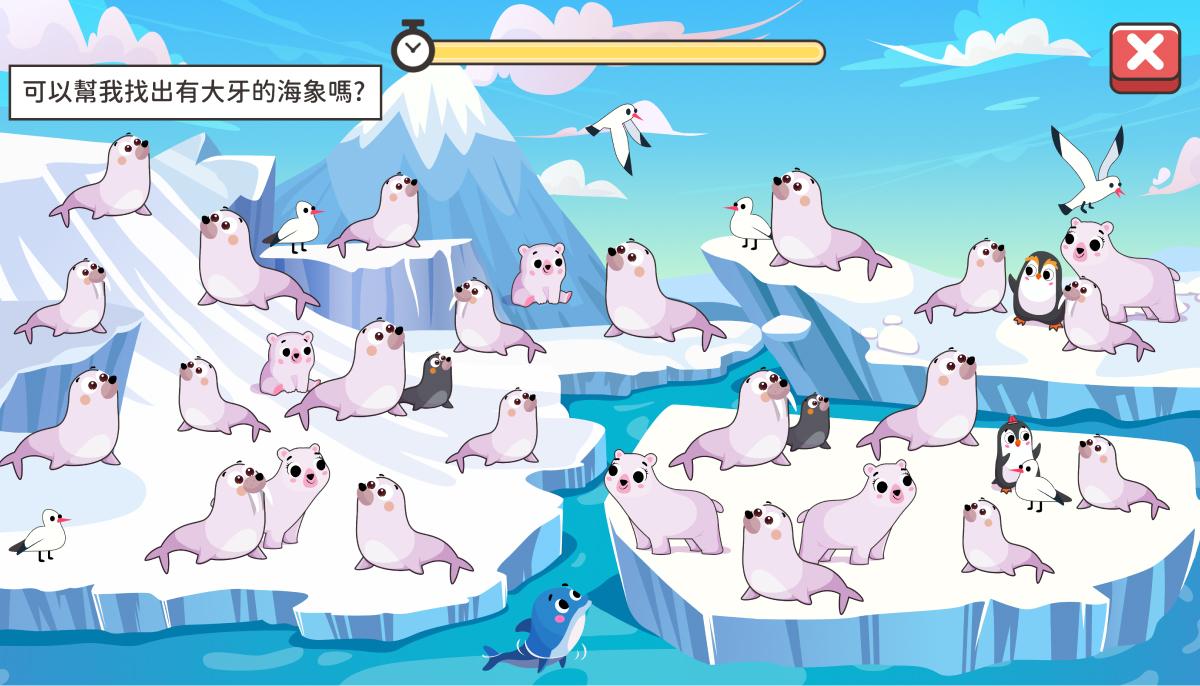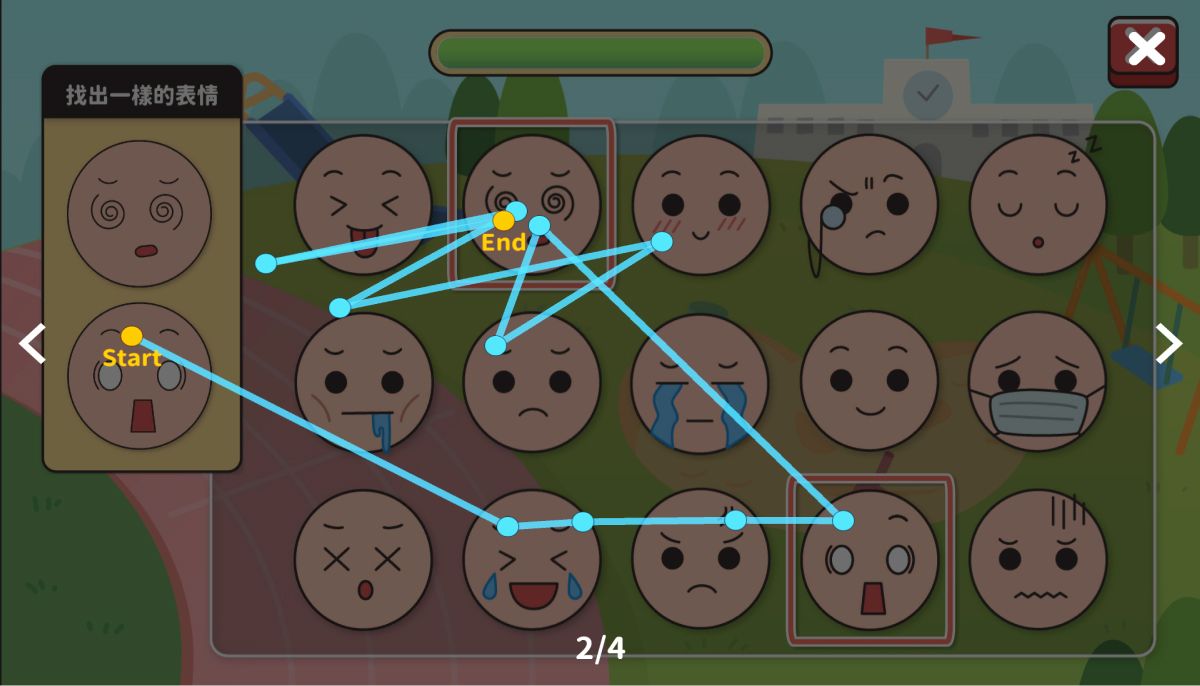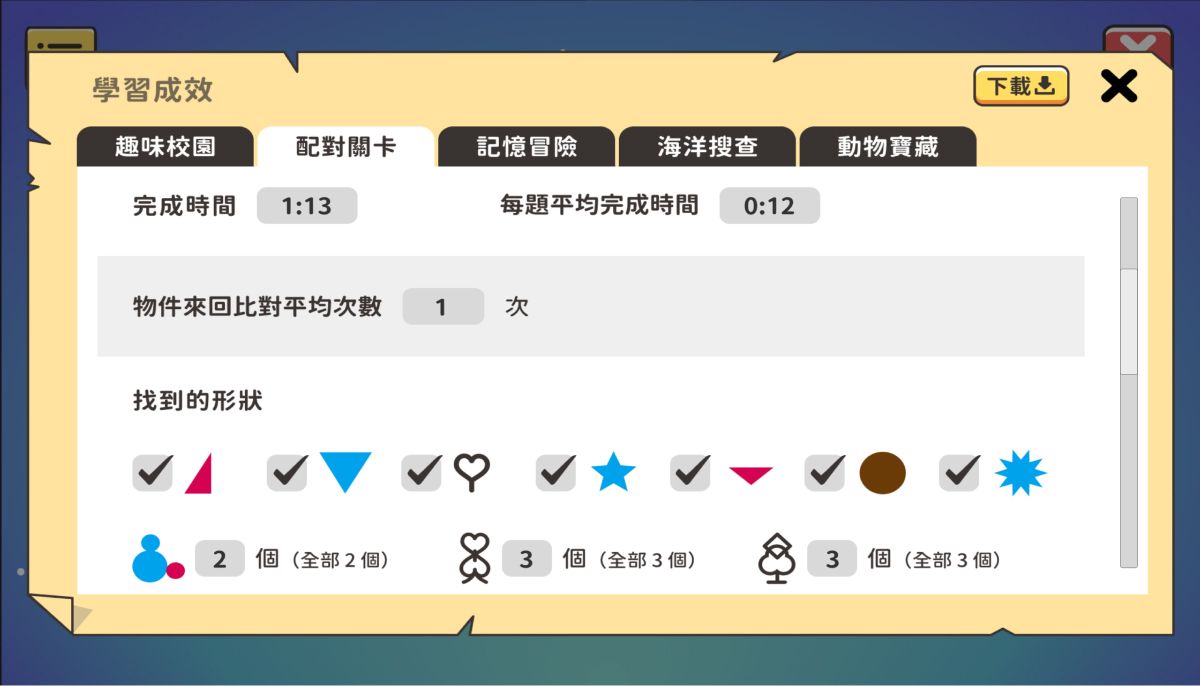Eyeland
An Eye-Gaze Game-Based Assessment for Visual Perception
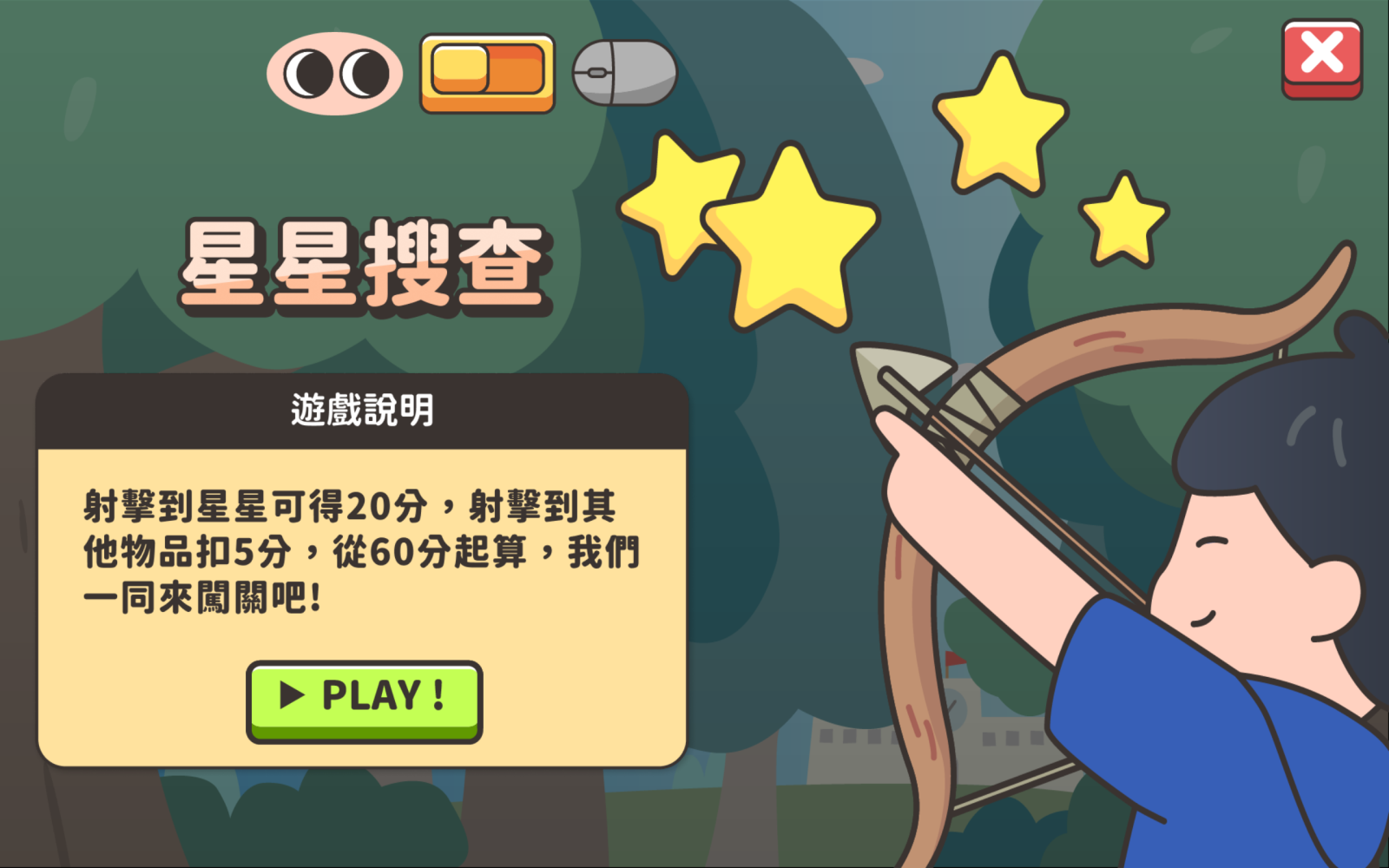
Shape Children’s Critical Brain Period, Stage-by-Stage.
By age 10, a child's brain develops rapidly. "Eyeland" features five themes—visual discrimination, spatial relationship, sequential memory, figure-ground, and form-constancy—helping children understand the world through play.
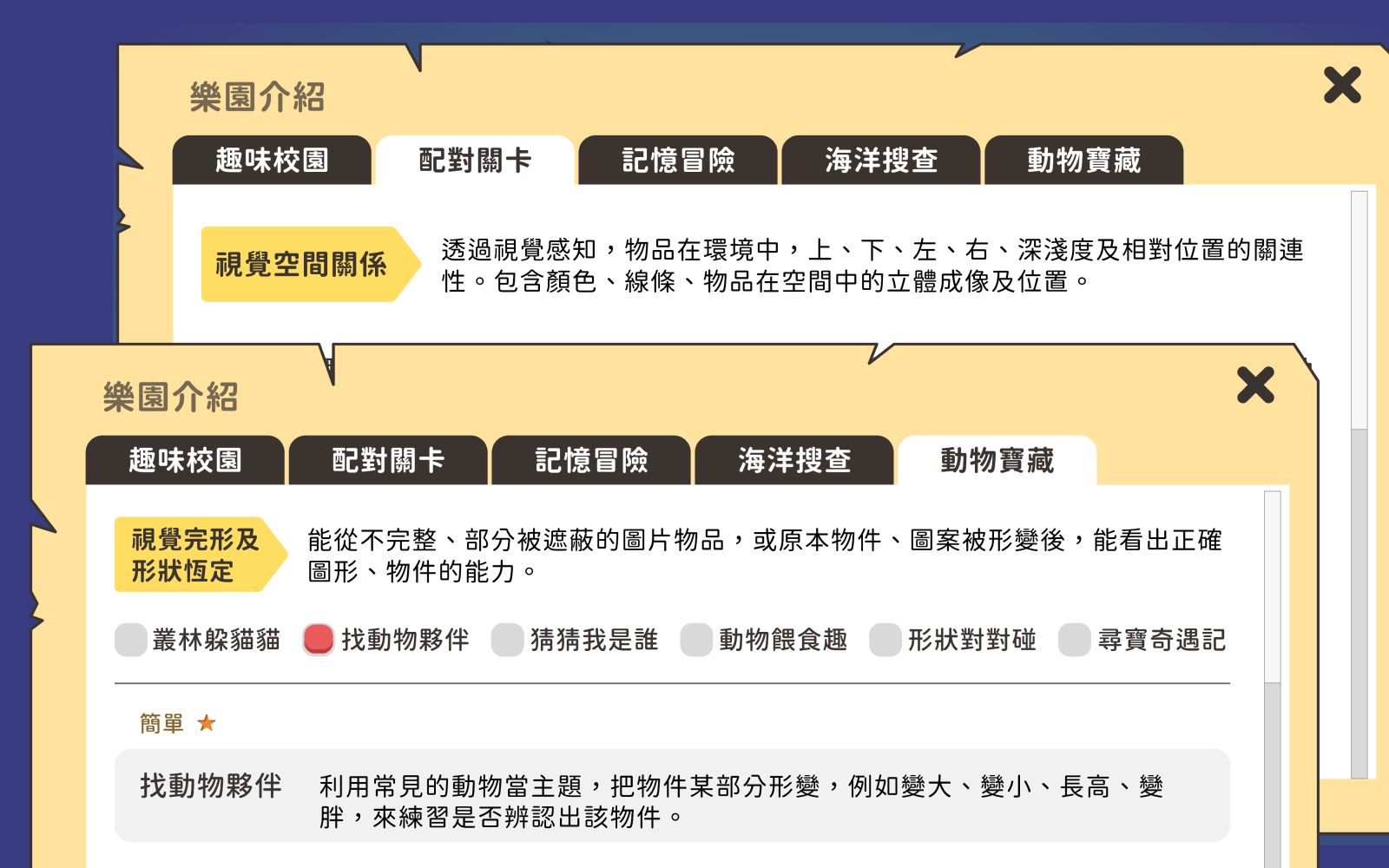
What is Visual Perception?
Vision is sensory perception, while visual perception is the brain’s recognition ability, influencing cognition, attention, memory, spatial concepts, even writing, reading, and body coordination. Eyeland provides a structured assessment approach to aid curriculum design, better aligning with training and learning objectives.
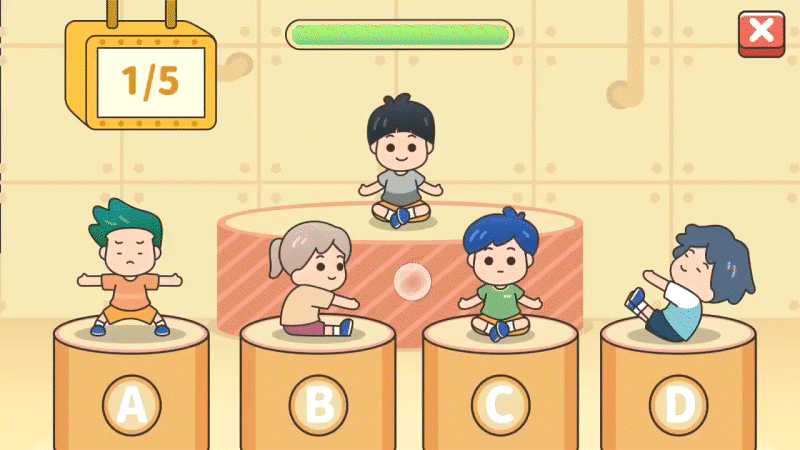
Break Paper-and-Pencil Assessments
Traditional visual perception tests rely on paper-and-pencil methods, which are less accurate for children without hand function. Eyeland allows children to achieve training goals through diverse attempts with professional assistance.
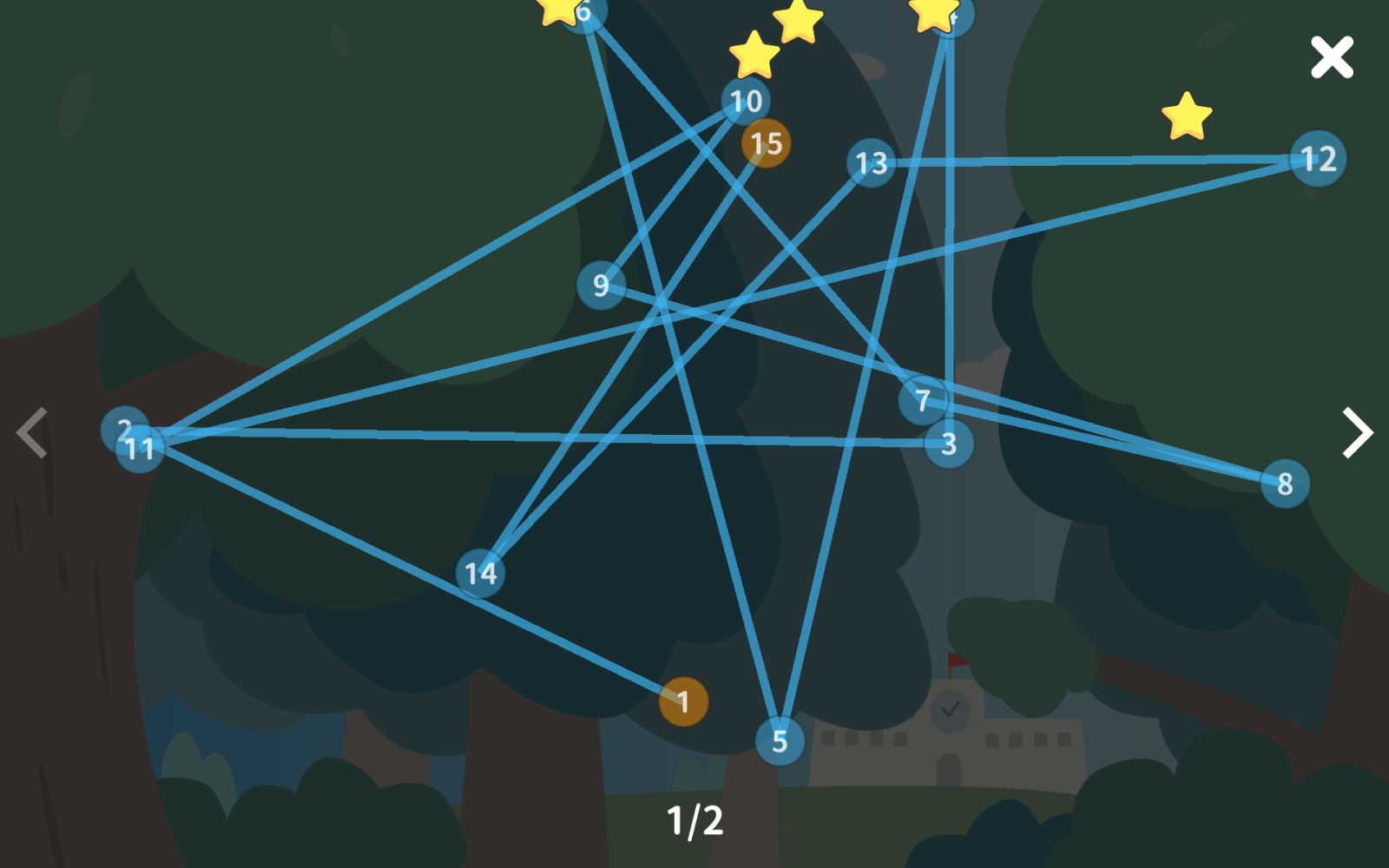
Play and Learn at One Go
Eyeland makes assessment and training fun with engaging visuals and feedback. Therapists can use performance reports and gaze plots to personalize the learning experience based on eye-controlled visual perception.
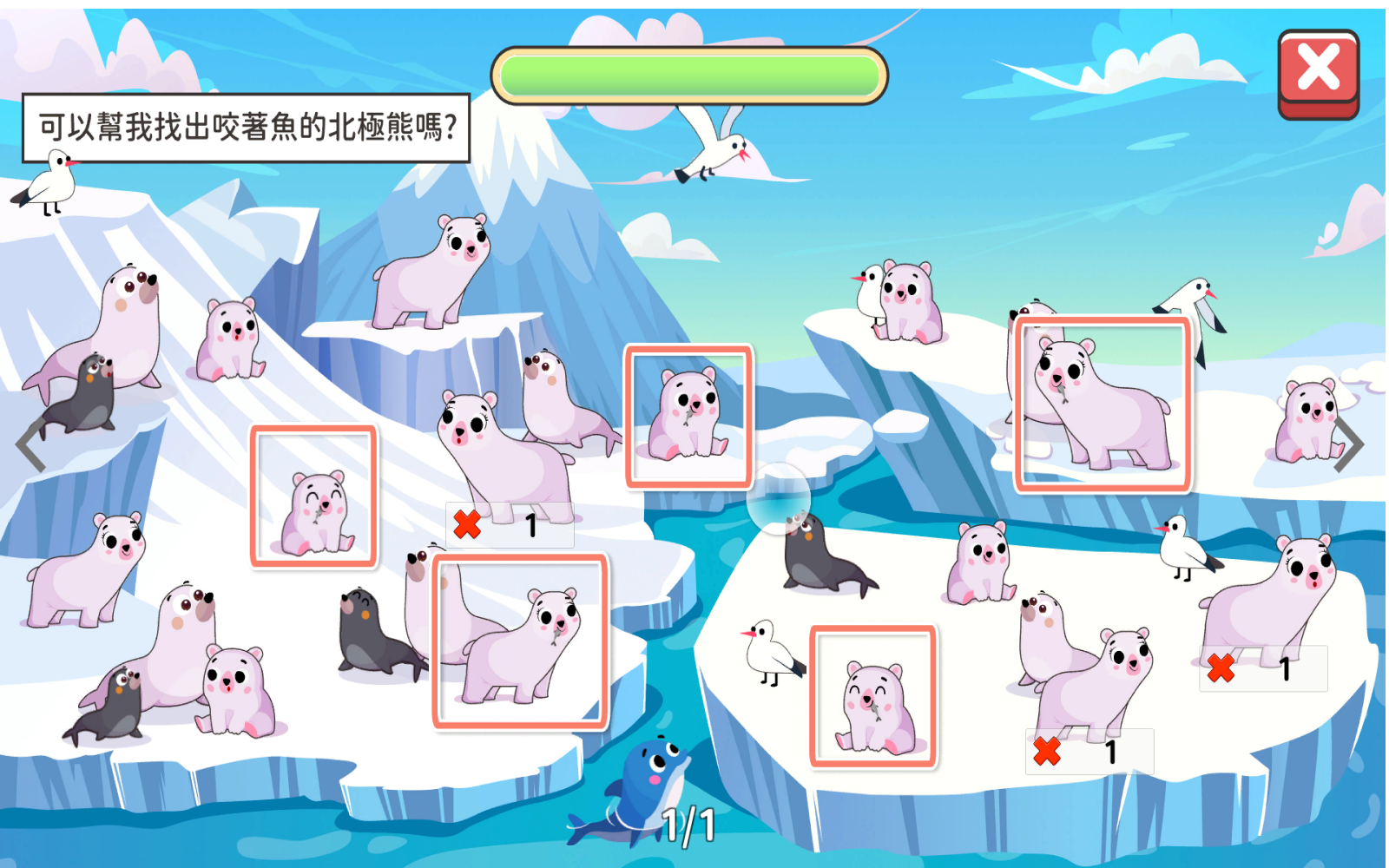
An Irresistibly Immersive Experience
Children with mild to moderate disabilities can use special switches with eye control, while those with severe disabilities can navigate Eyeland using just their eyes. The game offers difficulty levels for ages 3-10, with support from parents and therapists.
Note
The WHO suggests no more than 60 minutes of daily screen time for children aged 3-4. Beginners should start with 15-20 minutes on Eyeland. Once the eye muscles strengthen, they can play it twice a day, adding one minute per session.
Suitable
Designed for children aged 3-10, Eyeland can also be used by children with physical disabilities and basic cognitive abilities, based on individual needs.
- Amyotrophic Lateral Sclerosis (ALS)
- Cerebral Palsy
- Muscular Dystrophy
- Spinal Cord Injury(SCI)
- Spinal Muscular Atrophy(SMA)
- Hereditary Spastic Paraplegia (HSP)
Rett syndrome, stroke, Parkinson's disease, and other rare diseases.
- Operating System:windows 11
- CPU:Intel® i5/i7/i9 in 6th or later, or the same as the AMD 64 above
- RAM:4 GB above
- Computer Ports : TYPE C or USB2.0 above
- Screen: For laptops, a 13-15 inch screen is recommended. For desktop computers, a 19-24 inch screen is ideal, with support up to 27 inches.
Supported Hardware
- NoteBook+New PCEye
- Windows pad+PCEye


